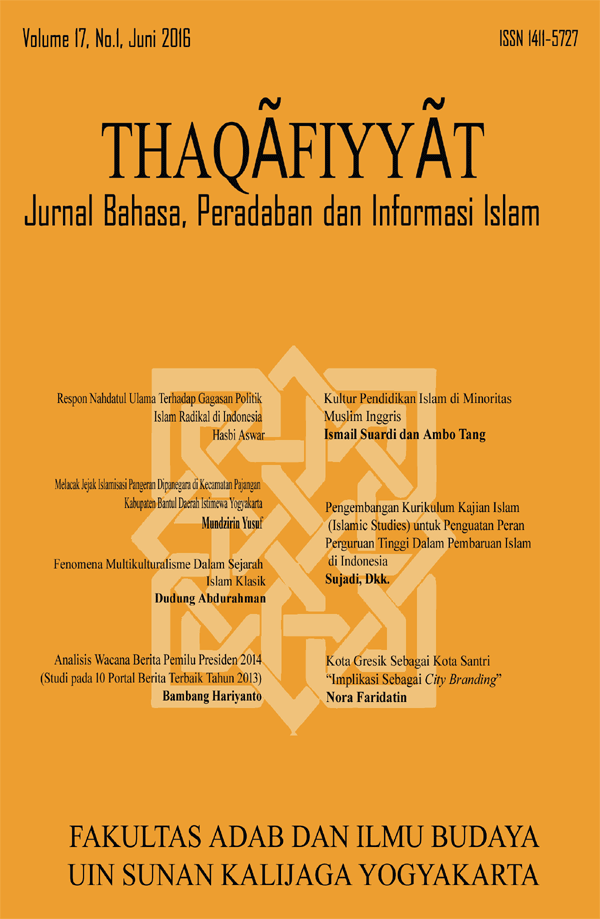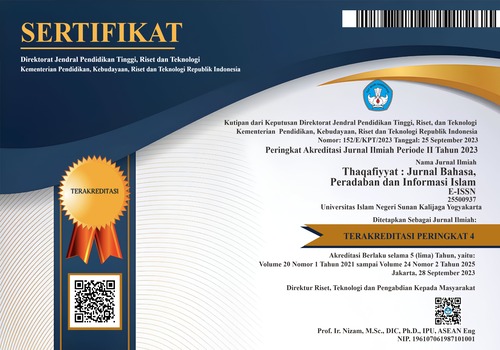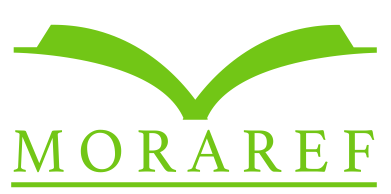Melacak Jejak Islamisasi Pangeran Dipanegara di Kecamatan Pajangan Kabupaten Bantul Daerah Istimewa Yogyakarta
Keywords:
Prince Dipanegara, selarong cave, pajangan districtAbstract
Prince Dipanegara when he was child called as Bendoro Raden Mas Ontowiryo, born in Yogyakarta, 11 November 1785 and died in Makasar South Sulawesi, 8 January 1855. He was as the first son of Hamengku Buwono III, and his mother’s name Raden Ajeng Mangkarawati. Because of her kindness in Java war, she received designation as the national hero. The heritage trail of Islam which was done by Dipanegara was still available and could be found to the present, even though in the form of pieces. In example, stone relief for pedestals of mosque. Now, the relief stones are used for pedestals and put in front of the male cave. It is used for sitting place for the visitors.
This research uses history method in which located around of Pajangan District. The theory used here is change and response from Arnold J. Toynbee. Then the researcher uses behavioral approach. This method is not only related to one event but also address to the historical actor and real situation. During the Islamic process, Dipanegara got support from his loyal followers and also supported by people around this place.Downloads
References
Downloads
Published
Issue
Section
License
Authors who will publish with this journal agree to the following terms:
- Thaqafiyyat: Jurnal Bahasa, Peradaban dan Informasi Islam publishes all articles entirely in full text.
- It is permissible for readers to download and to use it for scientific purposes and scientific dissemination.
- Authors retain copyright and grant the journal right of first publication with the work simultaneously licensed under a Creative Commons Attribution License that allows others to share the work with an acknowledgement of the work's authorship and initial publication in this journal.
- Authors are able to enter into separate, additional contractual arrangements for the non-exclusive distribution of the journal's published version of the work (e.g., post it to an institutional repository or publish it in a book), with an acknowledgement of its initial publication in this journal.
- Authors are permitted and encouraged to post their work online (e.g., in institutional repositories or on their website) prior to and during the submission process, as it can lead to productive exchanges, as well as earlier and greater citation of published work.










